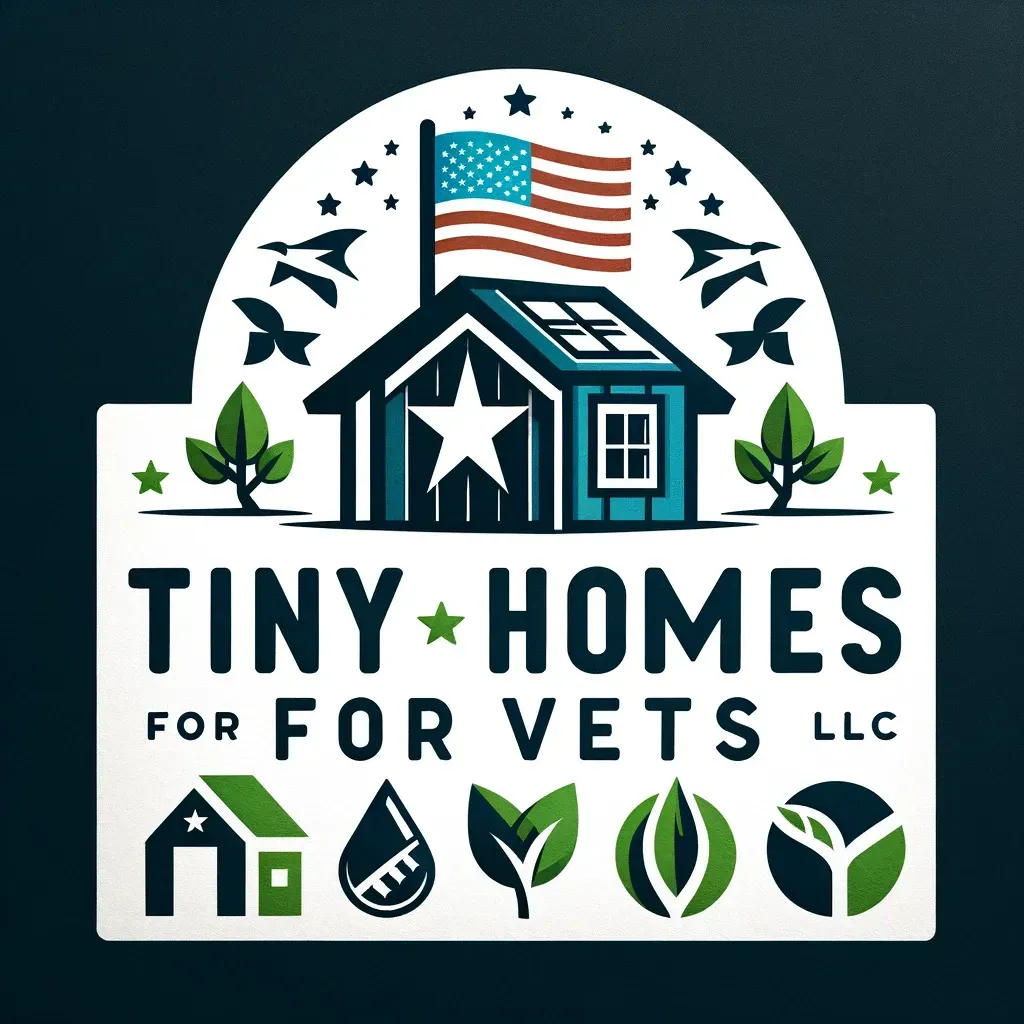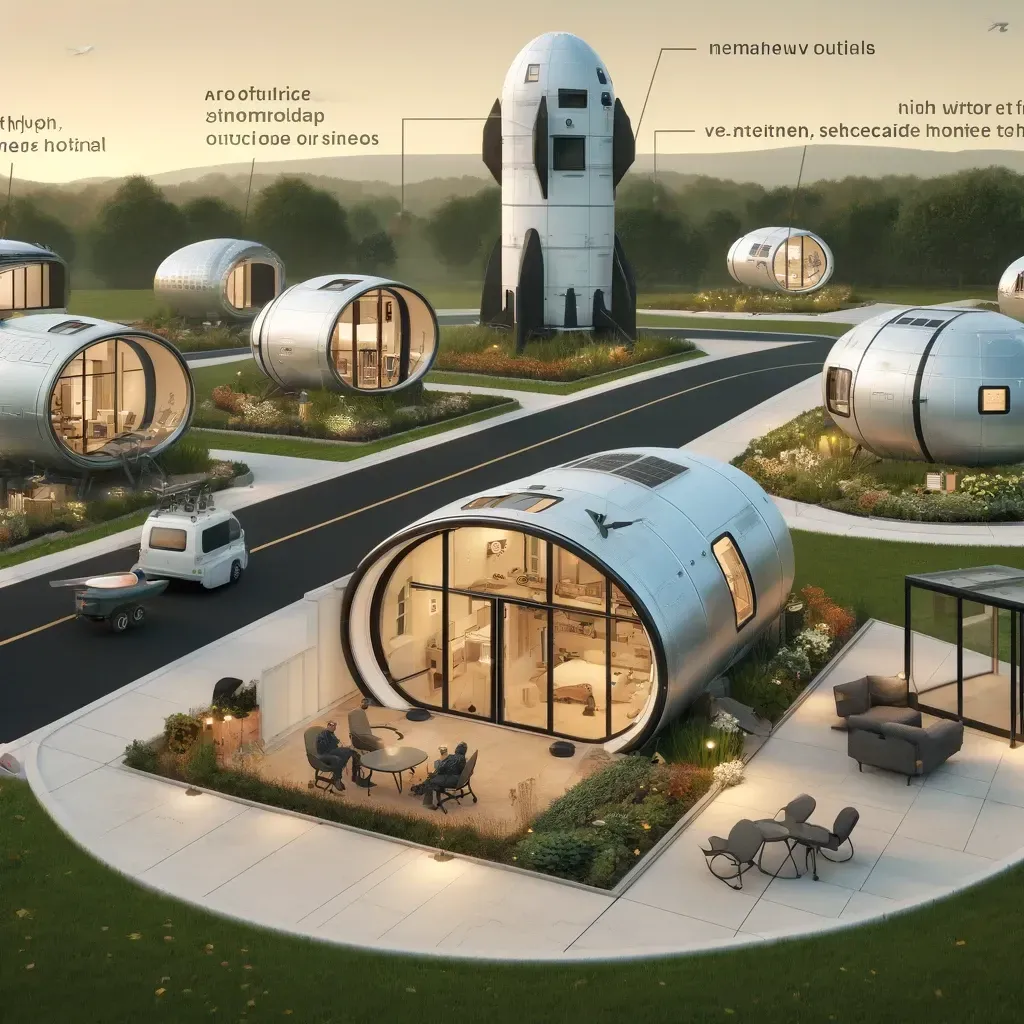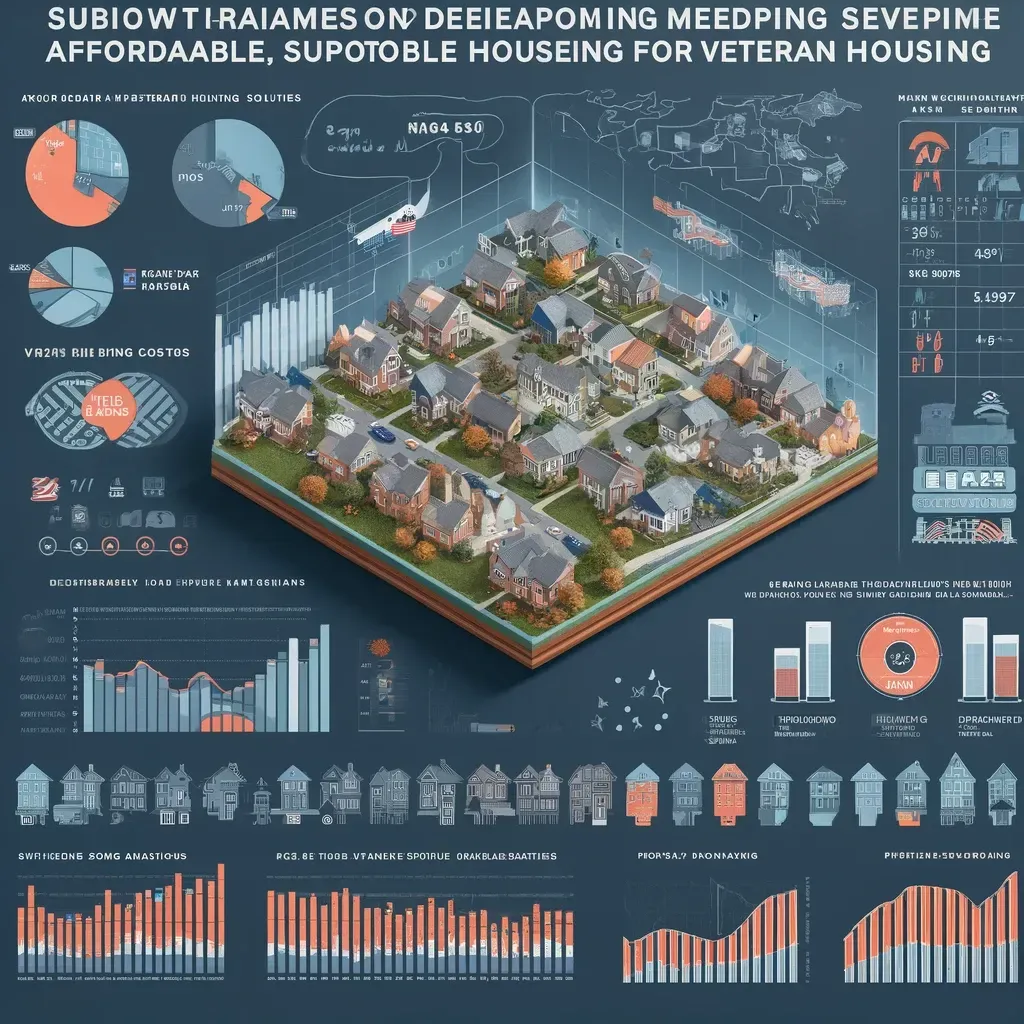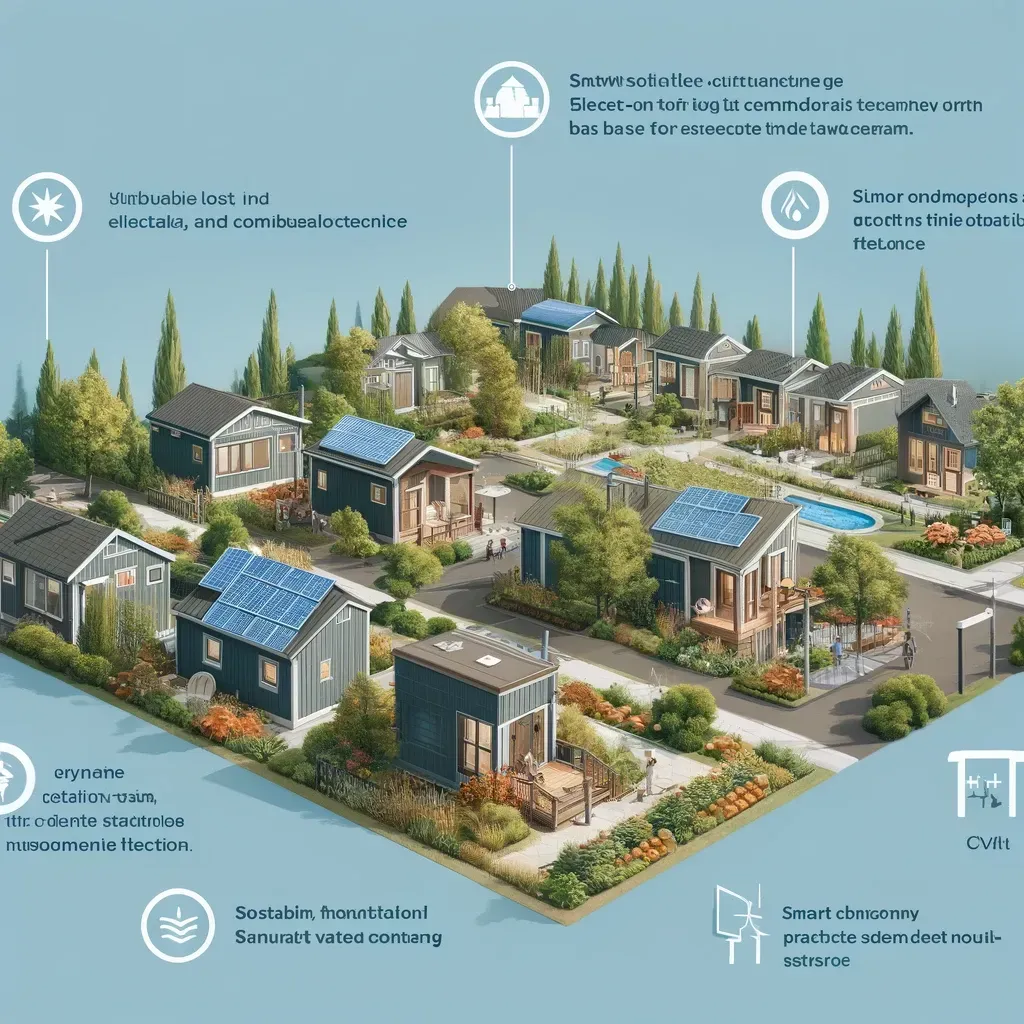Our Focus
Tiny Homes for Vets: Providing affordable, sustainable housing for veterans through innovative tiny homes, empowering communities, and delivering social impact alongside investor returns.
Housing
- Develop high-quality, sustainable tiny home communities tailored to veterans' unique needs
Empowerment
- Offer comprehensive support services and resources to empower veteran residents
Impact
- Generate both social impact and competitive financial returns for investors
Our
Plan
Community and Investor Engagement: We build strong communities around our housing projects, fostering a sense of belonging and mutual support among residents. Simultaneously, we offer investors the opportunity to contribute to a project with significant social impact, providing not only financial returns but also the satisfaction of making a tangible difference in the lives of veterans and their families.
-
Mission Statement:
Button"To empower veterans with dignified, affordable housing solutions that foster community, sustainability, and independence in suburban settings."
The Tiny Homes for Veterans initiative aims to address the critical housing needs of veterans by developing affordable, sustainable, and smart tiny home communities in suburban areas. This scalable model focuses on leveraging underutilized spaces within suburbs to create cohesive communities that offer privacy, security, and a supportive environment for veterans. The project combines innovative housing solutions with a commitment to sustainability and technology, providing a template for replication in various suburban contexts.
-
Market Analysis:
ButtonNeed for Veteran Housing: Identifying the gap in available, affordable housing for veterans in suburban areas, including specific challenges such as high living costs and limited access to veteran support services.
Suburban Dynamics: Analyzing suburban demographics, land availability, zoning regulations, and community attitudes towards new housing projects to identify favorable locations for development.
Competitive Landscape: Reviewing existing veteran housing options and other affordable housing projects to understand market saturation, pricing strategies, and service offerings.
-
Development Strategy:
ButtonSite Selection: Criteria for choosing suburban lots that are underutilized, zoned for residential use, or could be rezoned with minimal effort. Priority is given to locations near essential services and veteran support facilities.
Community Design: Plans for developing communities that blend seamlessly into suburban landscapes, with homes arranged to promote both individual privacy and communal interaction. Incorporation of green spaces, communal amenities, and efficient use of land to create attractive and functional living spaces.
Sustainability and Smart Technology: Incorporating solar and wind energy, water conservation practices, and smart home technology as standard features in each tiny home, enhancing the appeal and functionality of the communities while minimizing their environmental impact.
-
Financial Plan:
ButtonFunding Requirements: Detailed breakdown of initial capital needed for land acquisition, development, and marketing, along with ongoing operational costs.
Revenue Model: Projection of rental income based on competitive yet affordable pricing for veterans, accounting for occupancy rates and potential for income from additional services or amenities.
Return on Investment: Analysis of expected returns for investors, including timelines for income generation and potential for asset appreciation in suburban markets. Discussion of risk factors and mitigation strategies.
-
Growth and Scalability:
Numerous studies have shown that being with animals helps people overcome learning difficulties, emotional challenges and more. Not every family can have a household pet, so our animal center enables children to enjoy the benefit of having a pet without the cost.
Button -
Operations Plan:
ButtonConstruction and Development: Timeline and process for construction, including selection of contractors with experience in sustainable and modular building practices.
Property Management: Strategy for on-site management, including maintenance, tenant relations, and integration of smart technology solutions for efficient operations.
Veteran Support Services: Outline of partnerships with local veteran organizations to provide direct access to healthcare, employment, and educational services within the community.






